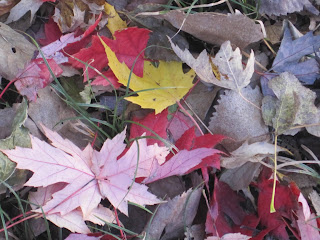As we move to exploring the next chapter, please keep in mind Scott's thesis: Fitness is the ability to survive in whatever environment you find yourself.
Here's an insight from Chapter 2: "Our imagination is the most powerful, most basic, gentle, creative, and universal entry point into the process of fitness."
I've got to tell you that I didn't expect that! The idea that you can use your imagination to start, shape, and nurture true fitness was a surprise.
My mother did not read fables or fairy tales to me. She chose stories that gave preference to what we could see. But, as I searched my memory about the role of imagination in my life, I suddenly remembered Mom describing my two imaginary playmates, Chi-chi and Moo-kah. She reported that she set the table for them!
It feels as if I received mixed messages. I have been puzzled about the role of imagination in my life. I must have been in touch as a small girl, but what happened? To discover that Scott suggests imagination as a gateway to fitness is intriguing. I can't wait to read more.
Tell me what your relationship is with imagination! How did your parents deal with imagination? How do you understand fitness enhanced by imagination? Do you use your imagination? Do you feel comfortable with it?
CLUE: Pay attention to what you think or feel when someone uses their imagination to create something unique. Better yet, create something unique with your imagination! Then tell me about it or send us an image!
The next post will be on December 21. I am off to test my fitness in New Zealand, a totally new environment for me. I will be attending a shamanic retreat in the southern Alps led by John Broomfield, the husband of my dear friend Jo, who left us in 2014. I am excited that I will be accompanied by Dr. Matthew Mendenhall who you see in the image below. Ryan, my tallest grandson also in image, will not be with us though he says he will cheer us on. I hope you will join him and send us good energy for this adventure!
I will be in email contact until late afternoon, Monday, December 3, then will be off the net until December 14th.




